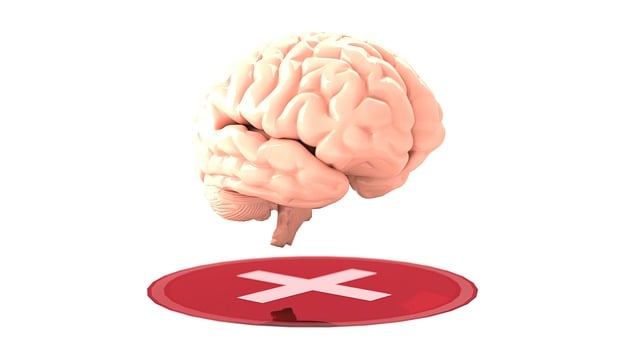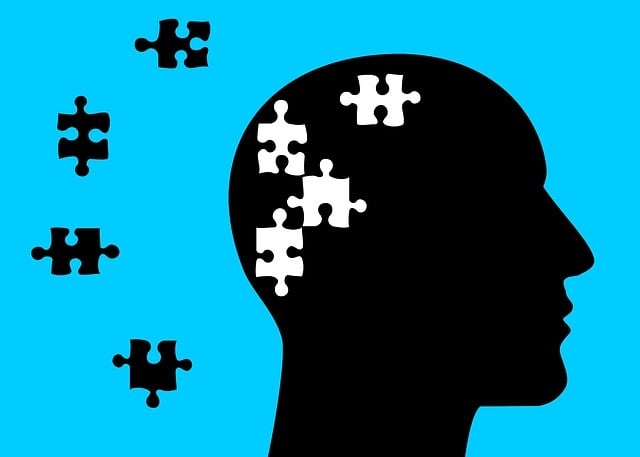Adult women face unique emotion regulation challenges due to societal pressures, gender roles, and historical traumas, leading to suppressed emotions or inappropriate expression. Therapy for Adults Women's Issues equips them with essential skills through approaches like Cognitive Behavioral Therapy (CBT) and Dialectical Behavior Therapy (DBT). This therapy integrates mindfulness meditation, cognitive reframing, and self-care practices to enhance emotional intelligence, reduce stress, and improve mental health. By fostering resilience and empathy, women gain the tools to navigate life's demands with greater composure and empowerment.
Emotion regulation techniques have become essential tools in addressing the mental health challenges faced by adult women. This comprehensive guide explores how understanding and managing emotions can significantly impact their overall well-being. We delve into common struggles, effective therapy approaches, practical skills, and self-care practices tailored to adult women’s unique issues. Discover evidence-based strategies to navigate emotional complexities and foster resilience through tailored therapy for adults’ women’s mental health concerns.
- Understanding Emotion Regulation and Its Impact on Adult Women's Mental Health
- Common Challenges Faced by Adult Women in Regulating Emotions
- Effective Therapy Approaches for Teaching Emotion Regulation Skills
- Practical Techniques to Master in Emotional Intelligence Training
- Integrating Self-Care Practices for Sustaining Emotional Well-being
Understanding Emotion Regulation and Its Impact on Adult Women's Mental Health

Emotion regulation is a vital skill for adult women to cultivate, as it significantly impacts their mental health and overall well-being. In today’s fast-paced world, many women face unique challenges that can lead to heightened stress levels, anxiety, and emotional turmoil. Understanding and managing emotions effectively is a powerful tool to navigate these difficulties. Through therapy for adults with women’s issues, individuals can learn to recognize and control their emotional responses, fostering a sense of resilience.
This process involves developing self-care practices and positive thinking strategies, which are essential components of stress management workshops organized by various support groups. By equipping themselves with these techniques, adult women can enhance their ability to cope with life’s demands, improve their mental health, and lead more fulfilling lives. Effective emotion regulation enables individuals to transform their emotional experiences, fostering a sense of empowerment and control.
Common Challenges Faced by Adult Women in Regulating Emotions

Adult women often encounter unique challenges when it comes to emotion regulation due to societal expectations, gender roles, and historical traumas. The pressure to present emotional composure in public while managing internal feelings can lead to suppressed emotions or inappropriate expression. Many women struggle with setting healthy boundaries, especially in relationships, which can result in emotional exhaustion and a sense of powerlessness. These dynamics are further complicated by the constant demand for caregiving roles, both within families and in professional settings, leaving little time or energy for self-care and emotional processing.
Therapy for adults women’s issues plays a crucial role in addressing these challenges. Techniques focused on empathy building strategies can help women understand and accept their emotions without judgment. Crisis intervention guidance equips them to handle intense feelings during difficult times, fostering resilience. Moreover, mental wellness podcast series production can offer accessible platforms for sharing experiences, normalizing emotions, and promoting peer support networks. These resources empower women to navigate emotional landscapes more effectively, leading to improved overall mental health.
Effective Therapy Approaches for Teaching Emotion Regulation Skills

Teaching emotion regulation skills through effective therapy approaches has proven to be a game-changer in addressing women’s issues. Cognitive Behavioral Therapy (CBT) is a popular and powerful tool, helping individuals identify and change negative thought patterns that contribute to emotional distress. By focusing on present-moment awareness and mindfulness techniques, CBT empowers clients to manage their emotions more effectively.
Additionally, therapeutic modalities like Dialectical Behavior Therapy (DBT) offer specialized communication strategies for regulating intense emotions. DBT encourages the practice of mindfulness, distress tolerance skills, and effective interpersonal communication, which are particularly beneficial for women seeking to navigate complex emotional landscapes. Integrating these therapy methods with self-care routine development and mental wellness journaling exercises can significantly enhance clients’ overall mental health and resilience.
Practical Techniques to Master in Emotional Intelligence Training

In emotional intelligence training for adults and women’s issues, practical techniques play a pivotal role in mastering emotional regulation. One effective method is mindfulness meditation, which helps individuals become more aware of their feelings and thoughts without judgment. By focusing on the present moment, practitioners can learn to manage intense emotions and reduce stress. Another powerful tool is cognitive reframing, where people are encouraged to challenge negative thought patterns and replace them with more positive and realistic perspectives. This technique fosters better emotional understanding and resilience.
Additionally, deep breathing exercises and progressive muscle relaxation are essential for calming the mind and body. These stress reduction methods enable individuals to quickly de-escalate in emotionally charged situations. Incorporating these techniques into daily routines can significantly enhance mental wellness, allowing individuals to navigate life’s challenges with greater composure and emotional intelligence.
Integrating Self-Care Practices for Sustaining Emotional Well-being

Incorporating self-care practices is an integral part of sustaining emotional well-being, especially when it comes to therapy for adults and women’s issues. Beyond attending therapy sessions, individuals can empower themselves by adopting a proactive approach to their mental health. This involves cultivating empathy building strategies and compassion cultivation practices that strengthen emotional resilience. By integrating these techniques into daily routines, one can create a sense of balance and harmony within oneself.
Self-care routine development is a powerful tool for better mental health. It entails setting aside dedicated time for activities that nurture the mind, body, and soul. Whether it’s engaging in hobbies, practicing mindfulness exercises, or simply taking moments of quiet reflection, these practices allow individuals to reconnect with their emotional needs. When combined with empathy-focused therapy and compassion cultivation, self-care becomes a holistic strategy to navigate life’s challenges, fostering overall emotional stability and growth.
Emotion regulation techniques teaching is a powerful tool for adult women navigating mental health challenges. By understanding the impact of emotions on their well-being and learning effective therapy approaches, women can overcome common hurdles such as stress, anxiety, and depression. Integrating practical self-care practices alongside emotional intelligence training fosters sustained emotional resilience. For those seeking support, exploring therapy tailored to adults’ women’s issues can be a game-changer, empowering them to lead more balanced and fulfilling lives.














